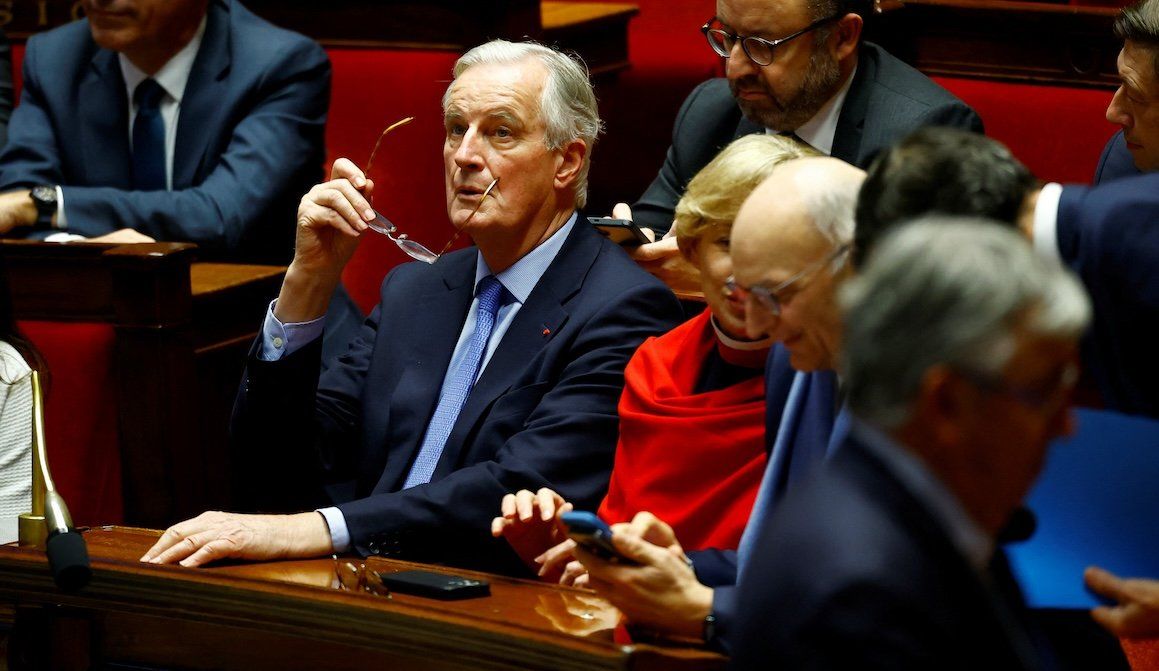Just three months ago, President Emmanuel Macron chose Barnier to lead the government after elections earlier this year empowered Macron’s critics on both the left and right, but without giving either side a working parliamentary majority.
On Monday, Barnier tried to break a bitter legislative deadlock over his proposed state budget, which proposes sharp state spending cuts, by using a constitutional provision to push his package through without a parliamentary vote. Barnier haswarned that France spends more to service its debt than on defense or higher education.
Lawmakers were then faced with a choice: Accept Barnier’s powerplay or vote no-confidence in his leadership. They chose to oust him and his budget, and France will now face weeks, perhaps months, of political uncertainty as lawmakers of the left and right fight for control of an institution that neither has enough votes to lead.
Some critics have suggested the only way out of this impasse is for twice-elected President Macron to resign, allowing for elections next year rather than in 2027 as currently scheduled. Macron, though deeply unpopular, has dismissed that idea as “make-believe politics.”
It appears Macron will ask Barnier to remain as prime minister until a replacement can be named, but it will be months before voters can return to the polls. New elections can’t be held within a year of the most recent vote, which took place in July. France’s polarized politics have now left its government unable to pass a budget. It’s unclear how this problem can be resolved.